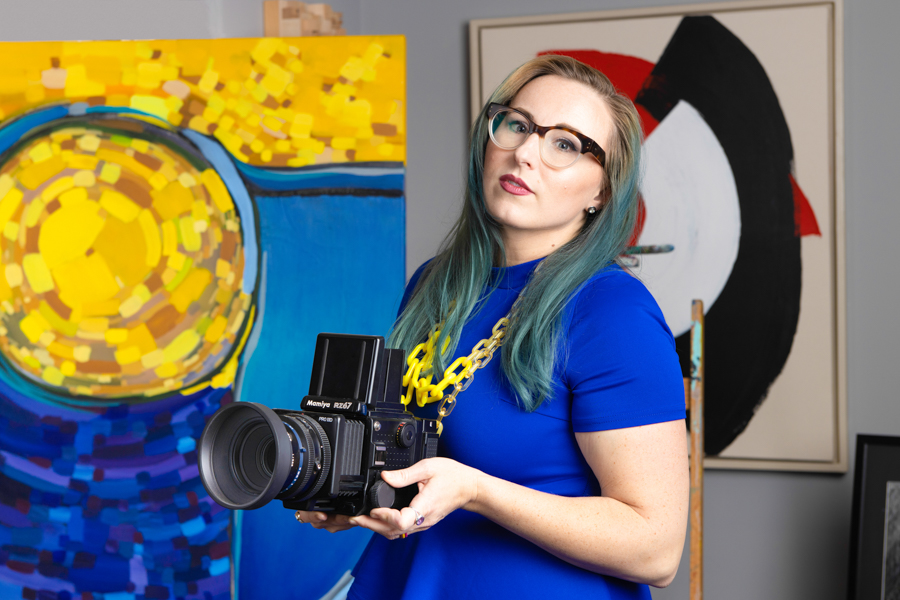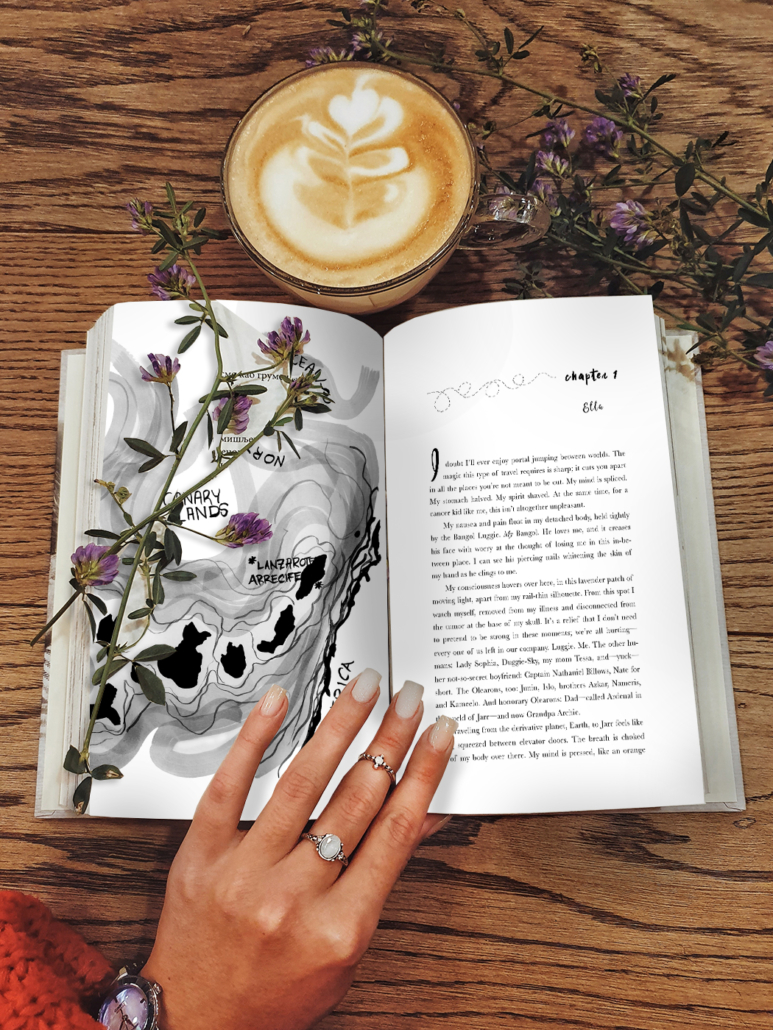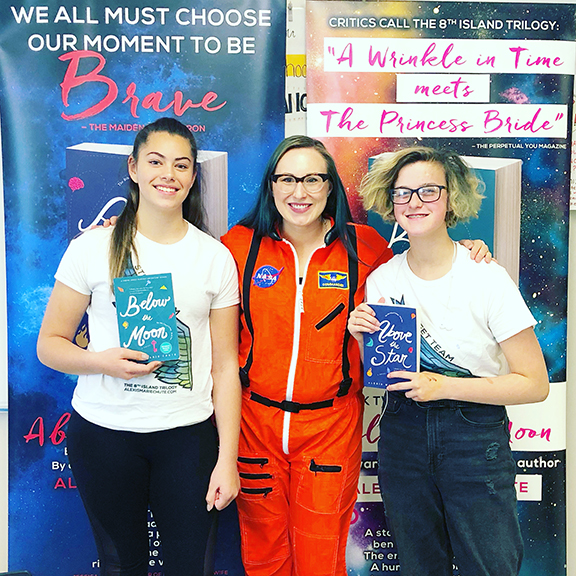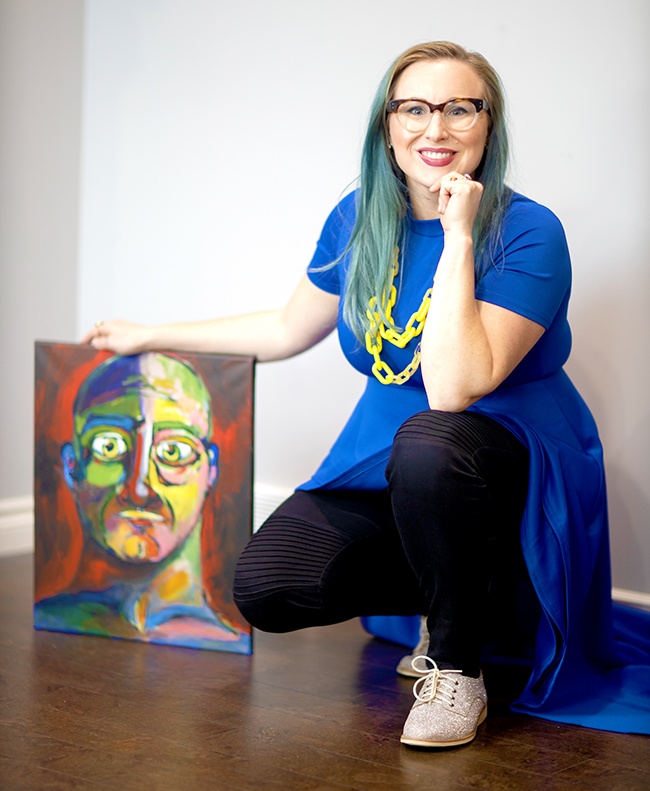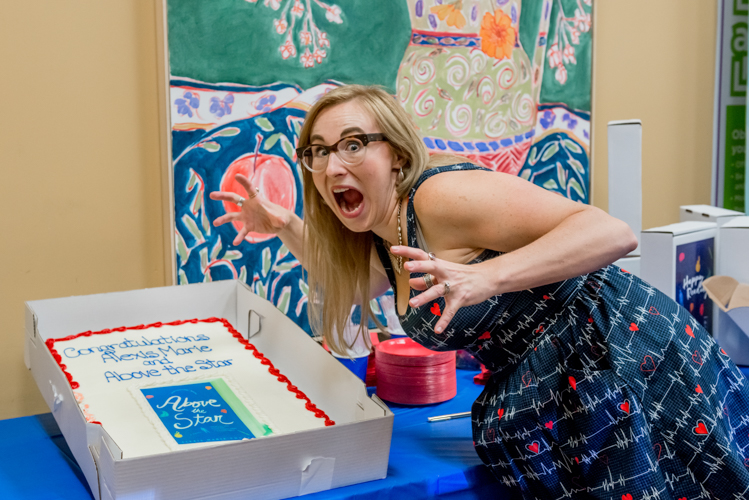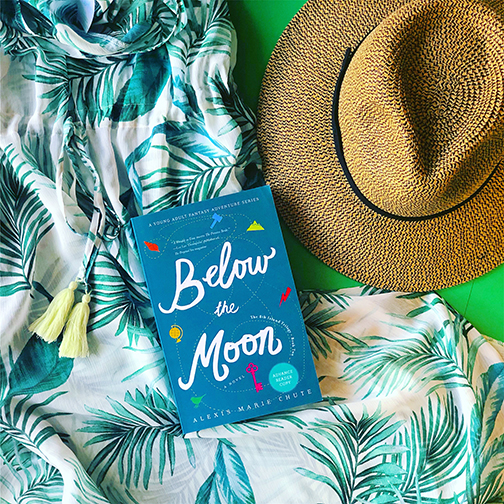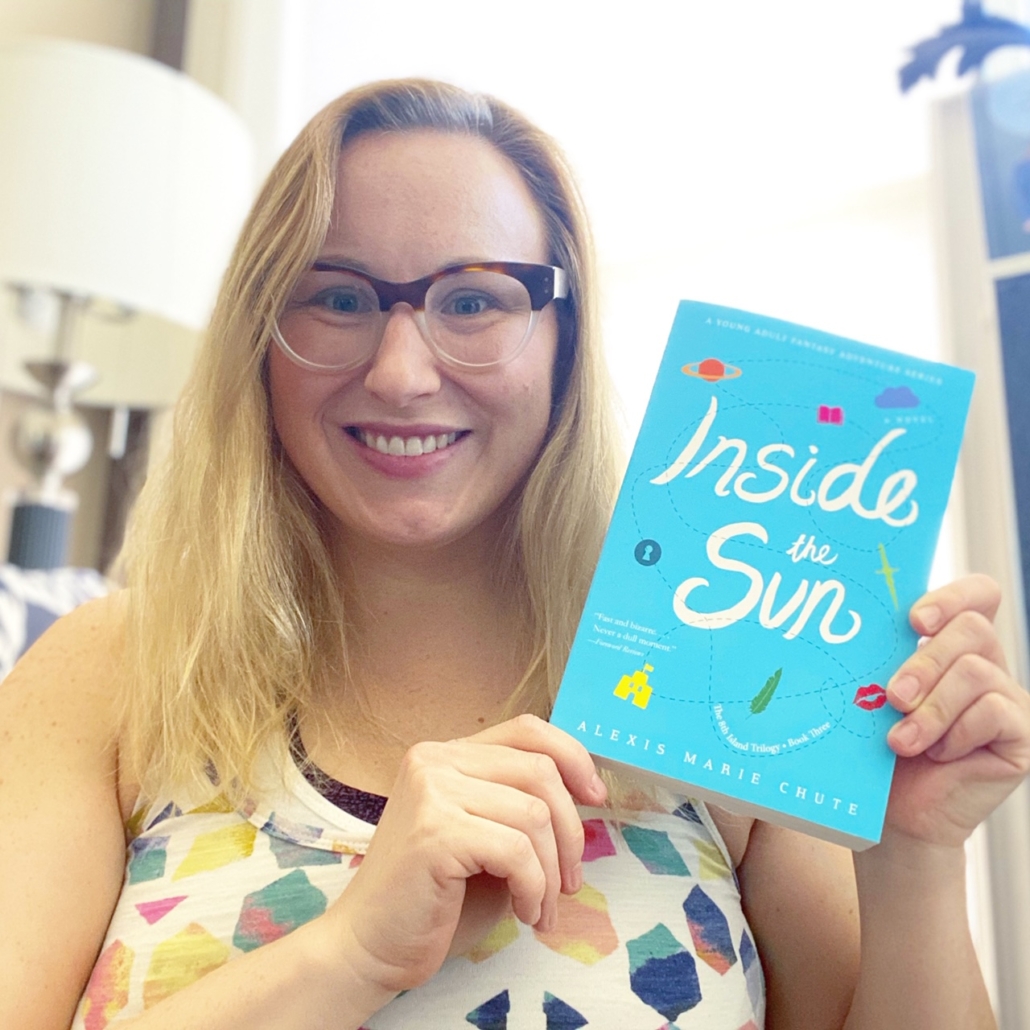Encouraging Quotes for Writers
Here are ten quotes by great contemporary writers on topics regarding rejection, writers block, and not just the want, but the need to be writer. These words encourage me and I hope they do the same for you. These quotes will enlighten you to the fact that all of the most successful writers have dealt with and still deal with their fair share of rejection and writers block. However their love of writing never faltered and they never gave up. All successful writers learned the hard way that getting rejected doesn’t mean you aren’t talented.
Nobody chooses to be a writer because it’s easy! As long as you love the process and take every chance you can to improve, you have the ability to be a great writer.

“I was set free because my greatest fear had been realized, and I still had a daughter who I adored, and I had an old typewriter and a big idea. And so rock bottom became a solid foundation on which I rebuilt my life.”
-J.K. Rowling
“With a book I am the writer and I am also the director and I’m all of the actors and I’m the special effects guy and the lighting technician: I’m all of that. So if it’s good or bad, it’s all up to me.”
-George R. R. Martin
“By the time I was fourteen the nail in my wall would no longer support the weight of the rejection slips impaled upon it. I replaced the nail with a spike and went on writing.”
-Stephen King
“Creativity itself doesn’t care at all about results – the only thing it craves is the process. Learn to love the process and let whatever happens next happen, without fussing too much about it. Work like a monk, or a mule, or some other representative metaphor for diligence. Love the work. Destiny will do what it wants with you, regardless.”
-Elizabeth Gilbert
“Writing the last page of the first draft is the most enjoyable moment in writing. It’s one of the most enjoyable moments in life, period.”
-Nicholas Sparks
“I just give myself permission to suck. I delete about 90 percent of my first drafts … so it doesn’t really matter much if on a particular day I write beautiful and brilliant prose that will stick in the minds of my readers forever, because there’s a 90 percent chance I’m just gonna delete whatever I write anyway. I find this hugely liberating. I also like to remind myself of something my dad said in [response] to writers’ block: ‘Coal miners don’t get coal miners’ block.’”
-John Green
“If I waited for perfection… I would never write a word.”
-Margaret Atwood
“As things stand now, I am going to be a writer. I’m not sure that I’m going to be a good one or even a self-supporting one, but until the dark thumb of fate presses me to the dust and says ‘you are nothing’, I will be a writer.”
-Hunter S Thomson
“When you’re a writer, you hear your internal critic, and that’s really hard to get over. And then sometimes you hear critiques from classmates and stuff. But when a book comes out, it’s just hundreds of opinions and you have to learn to separate out the ones you want to listen to or figure out many you want to listen to.”
-Veronica Roth
“Don’t ever let the other stuff get in the way of your inherent skills as a kick-butt storyteller. Move the reader, make them happy and sad and excited and scared. Make them stare into space after they’ve put the book down, thinking about the tale that’s become a part of them.”
-James Dashner
“It’s not easy. I got lots of rejections when I first started out. If you want to write, you have to believe in yourself and not give up. You have to do your best to practice and get better.”
-Rick Riordan










